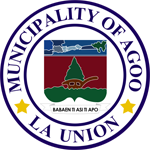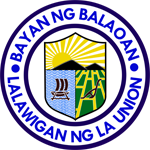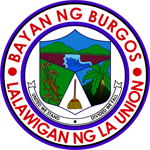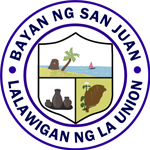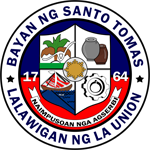HEALTH EXPERTS BRIEF LU SP ON 2019 nCOV
By: Jiroh Joy D. Marbella, GPC-SP | Photo By: GPC-SP | Date: February 4, 2020


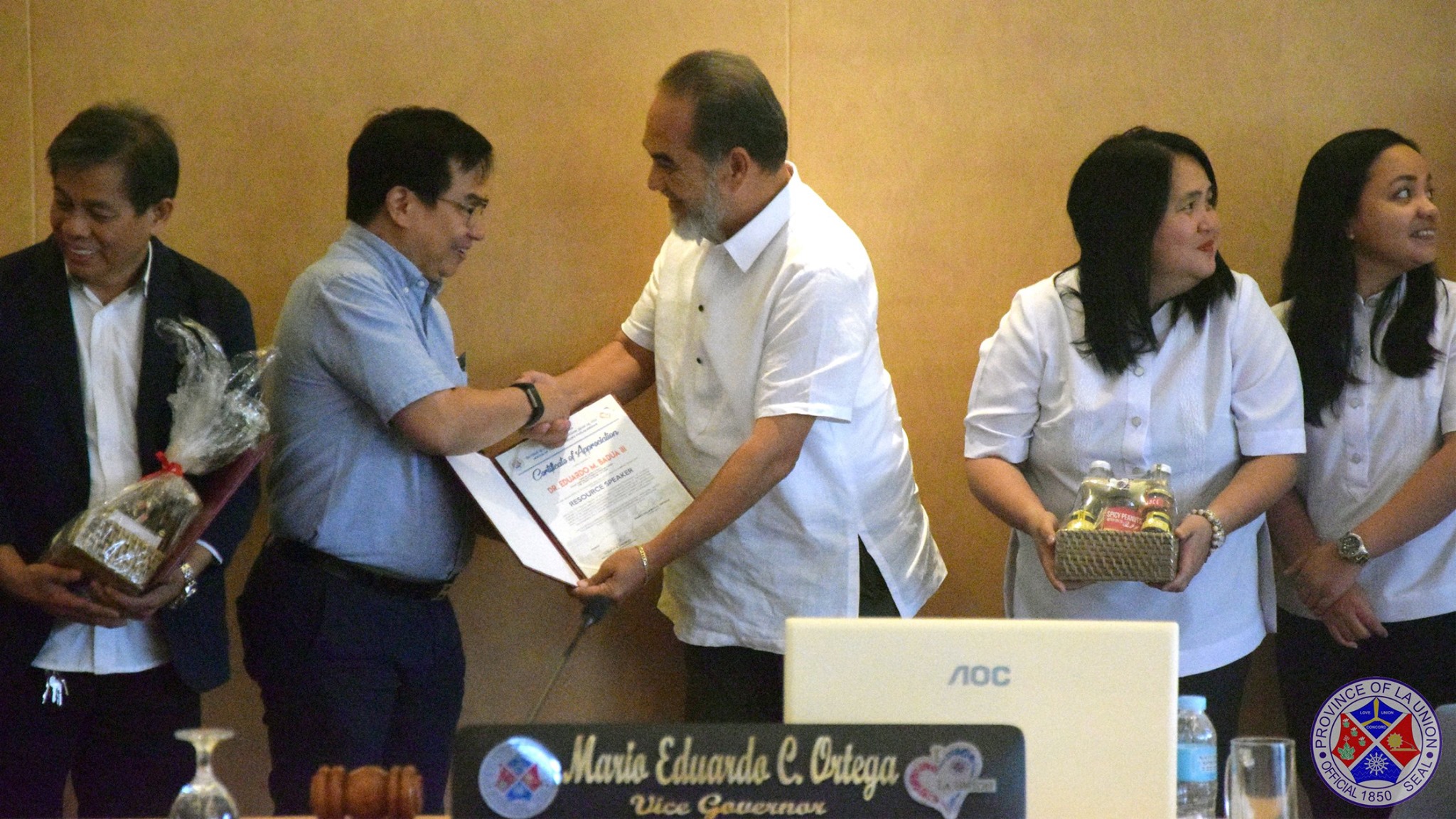

Dr. Rheuel Bobis of the Department of Health - Center for Health Development – I (DOH – CHDI) discusses about the 2019 Novel Coronavirus, its history, the timeline of recorded cases globally, and the status of the province during the question hour of the 32nd Regular Session of the 22nd Sangguniang Panlalawigan (SP) of La Union held on February 4, 2020 at the SP Session Hall, Provincial Capitol, City of San Fernando, La Union. Also joining the session were Regional Director Dr. Valeriano Jesus V. Lopez of DOH- Region 1; Medical Chief Dr. Eduardo M. Badua and Infection Control nurse Mr. Alexis Aguinaldo of Ilocos Training and Regional Medical Center; resident doctors Dr. Gerardo Garcia and Dr. Marvin Munar; Ms. Maria Eloisa Sarmiento of DOH – CHDI; and Provincial Health Officer Dr. Eduardo Posadas.
The 22nd Sangguniang Panlalawigan (SP) of La Union invited a group of health experts, headed by Regional Director Dr. Valeriano Jesus V. Lopez of Department of Health (DOH) Region I, as resource speakers to discuss about the 2019 Novel Coronavirus (nCoV), clarify its status in the province, number of Patients Under Investigation (PUIs) and preparations made by authorities during the 32nd Regular Session on February 4, 2020 at the SP Building, Provincial Capitol, City of San Fernando, La Union.
The doctors from DOH and Ilocos Training and Regional Medical Center (ITRMC) were Medical Chief Dr. Eduardo M. Badua of ITRMC; resident doctors Dr. Gerardo Garcia and Dr. Marvin Munar, and Infection Control nurse Mr. Alexis Aguinaldo of ITRMC; Dr. Rheuel Bobis and Ms. Maria Eloisa Sarmiento from DOH Center for Health Development – I (DOH – CHDI); and Provincial Health Officer Dr. Eduardo Posadas.
The group presented the history and characteristics of the nCoV such as the symptoms manifested when acquired and its mode of transmission. They have also presented the current global situation regarding the 2019 nCoV and the actions being taken by the DOH and other related government agencies. The DOH-CHD1 authorities guaranteed that they are in control of the situation in terms of command and coordination, public health measures and surveillance, risk communication, networking, and that they are ensuring laboratory and hospital preparedness in the region. Further, they have established the 2019-nCoV surveillance which provides critical data through daily update releases, intensified public information campaign through traditional media and boosting the department’s social media campaign through the webpage www.doh.gov.ph/2019-nCoV which will serve as repository of all information relative to the 2019 nCoV ensuring that information is accessible for all.
Furthermore, Dr. Badua said that there were three Chinese national patients who were PUIs admitted at the ITRMC. As of press time, the tested samples taken from these patients forwarded to the Research Institute of Tropical Medicine turned negative. “We have trained hospital staff to collect specimens. The hospital is equipped, we can probably handle up to 40 patients per isolation,” he added.
Dir. Lopez, meanwhile, assured that the DOH is working hard with the Bureau of Quarantine. “We’re asking local governments to assist us in terms of identifying them,” he said pertaining to tourists who are entering the region and have travel history to China and other countries with positive 2019-nCoV cases.
After the presentation, the members of the SP were given the chance to ask the resource speakers some questions on how the legislative body can help in the current situation regarding 2019 nCoV and one concern aired by Dr. Badua is the assistance from the Provincial Government in helping increase the number of isolation rooms with negative pressure in the hospital to cater to more patients who will be undergoing quarantine.
The DOH reiterates that the public must practice frequent hand washing, drink lots of water, practice proper cough etiquette, avoid crowded places as much as possible, avoid close contact with people showing cold or flu like symptoms, avoid unprotected contact with farm or wild animals and ensure that food is well- cooked.
Recent Posts
Discover Monsterpot, one of the most unique La Union tourist spots, where you can explore real carnivorous plants.
The Provincial Government of La Union (PGLU) has completed and turned over three major school infrastructure projects in three municipalities …
The Provincial Government of La Union (PGLU), in partnership with the Department of Agriculture (DA-RFO1), concluded the Provincial Rice Technology …
Rocapor’s Farm is an agri-tourism site in La Union that has a learning institution and uplifts the local community.
In line with the province’s hosting of the 2025 Region 1 Athletic Association (R1AA), the Provincial Government of La Union …
